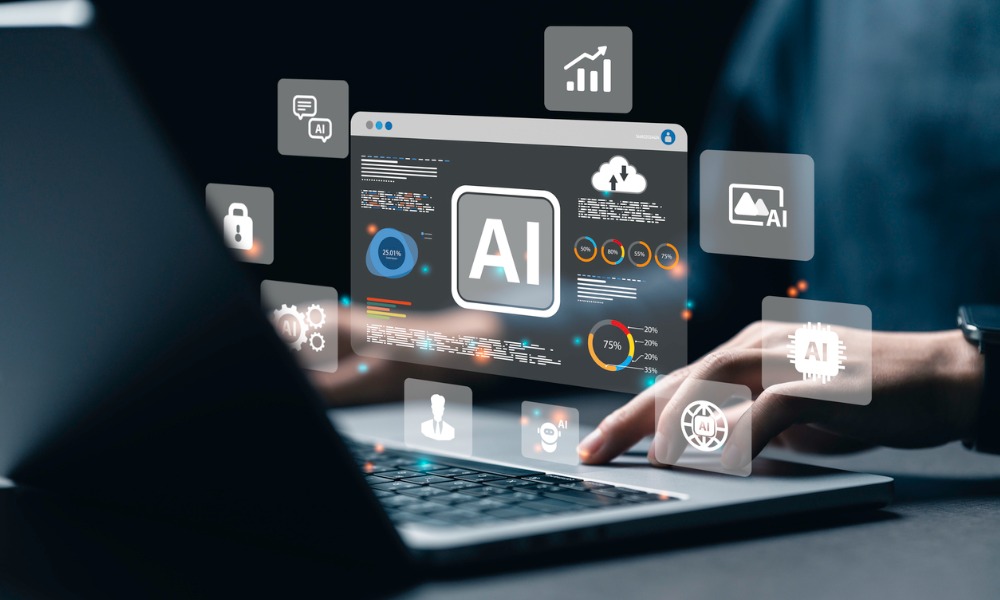
'HR can take an active role in helping employees first by identifying who might be at risk'

An AI expert is looking to allay growing concerns that generative AI will take away jobs as the tools see greater adoption across Australian workplaces.
Richard George, Pearson Workforce Solutions Vice President AI and Data Science, highlighted that jobs will likely evolve because of generative AI automating more tasks.
"If you're an accountant, and a lot of the types of tasks you do can be automated by generative AI, that means that jobs are evolving, so that the tasks that can be automated will disappear," George told HRD.
"But as an accountant, there's still a lot of work you need to do, it's just you spend more time on those things that you're better equipped as a human to be able to complete."
Pearson research last year found that white-collar roles in Australia are more prone to generative AI disruption than blue-collar jobs.
The study, which analysed the specific tasks of more than 5,000 jobs, found that even the least impacted white-collar jobs all have around at least eight per cent of their roles impacted at a task level.
But this doesn't mean that white-collar jobs will disappear, according to George.
"What that means overall, over the next 10 to 20 years, the job of the accountants is still going to exist, a lot all the jobs that you have to do now will still exist, but they're changing and they're changing rapidly because these new technologies are starting to come into the workplace."
Identifying employees whose roles are most vulnerable to automation is among the crucial duties of HR leaders amid the workplace transformation, according to George.
"HR can take an active role in helping employees first by identifying who might be at risk of these high-rapid changes because what companies often do, they often look to automate or make people redundant first without considering skills," he told HRD.
According to George, making people redundant and going through the whole rehiring process into new roles will incur a lot of expenses for an organisation.
"What's really important is identifying across your workforce where the skills are and what skills you need, what are your skill gaps, and help individuals train, relearn, reskill, and move into new roles and new opportunities," he said.
The upskilling in workplaces also need to happen now as more organisations embrace generative AI, according to George.
"I think that has to happen now because if you wait, it's probably too late," he said. "For any individual waiting for the technologies to come in, I think that's more dangerous to that individual."
"You just got to start learning now, start preparing, start anticipating these technologies coming into your work and changing how you work."
According to George, using generative AI at work to find out how it can be applied will also help reduce the negative impact of AI on employees.
"So really for an individual, it's about taking control of your career and seeing how work is changing, seeing where there's opportunities to learn these things, and applying it to your work, and that's how you keep up with the emerging technologies as they come in."